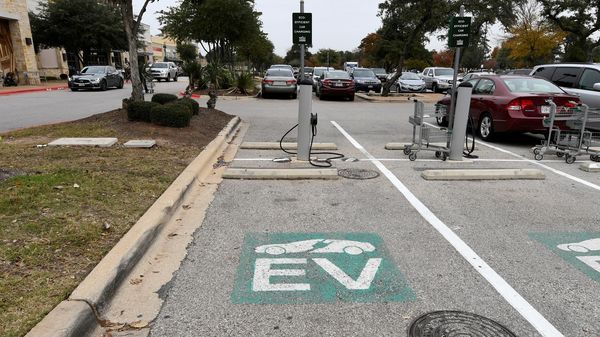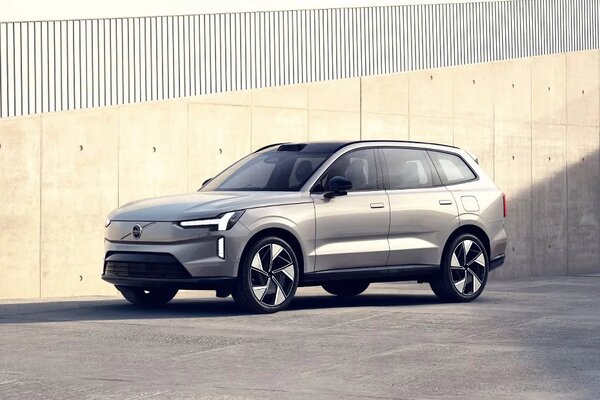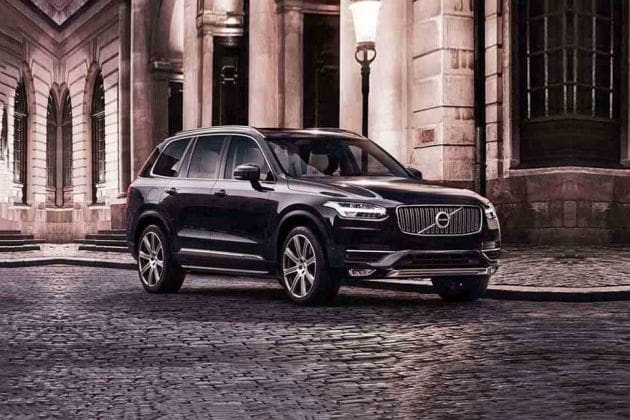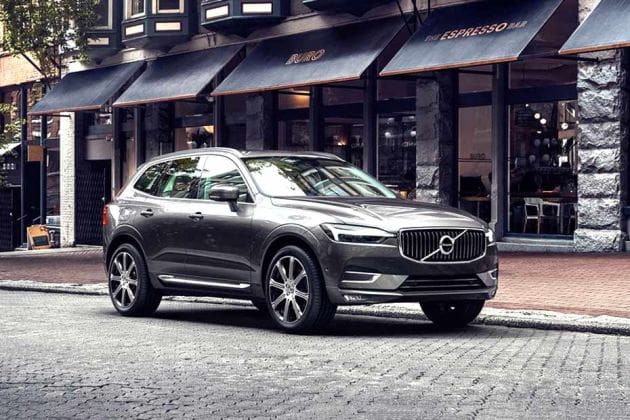EVs in Covid times: Pause in, not end of, India's battery-powered dreams


At a time when fighting against Covid-19 and improving the health infrastructure in the country are top priorities, India's push towards electric mobility may have taken a backseat. Even as the world races towards electrification of its public and individual transport options, India's strides - comparatively slower as these already were - are likely to become shorter still. But the Indian automotive industry remains optimistic about the future of electrification in India even if it is largely cognizant of the fact that present times have more pressing requirements.
Also Read : Auto industry to feel the pain as pandemic packs a punch
A report in December of last year by India Energy Storage Alliance (IESA) predicted that the EV market in India will touch 63 lakh units per year by 2027. It may be rather ambitious because sales of EVs in India fell 20% to 2.36 lakh units in FY 2021, as per Society of Manufacturers of Electric Vehicle (SMEV). This includes electric PVs, two-wheelers, three-wheelers etc.
Also check these Vehicles
From 2.36 lakh to over 63 lakh would be quite a climb - possible yet challenging. And the pandemic isn't expected to help matters either.
A number of players in the luxury segment either launched or confirmed plans to bring in their respective EV offerings. Jaguar Land Rover launched the I-Pace. Volvo showcased its XC40 Recharge. Audi will bring in e-tron and Mercedes already launched EQC late last year. And key mass-market players reportedly also have plans to offer more affordable products.
But with the second wave of the pandemic - and a predicted third later in 2021, EV infrastructure may drop down in the list of government priorities. "World over, higher upfront costs and challenges around charging of electrified vehicles (EVs) are key barriers to adoption of electric mobility. In India, these are further accentuated due to higher consumer price sensitivity and value proposition," Vikram Gulati, Country Head and Senior VP (External Affairs, PR and CSR) at Toyota Kirloskar Motor, explains. "As the current Covid-19 pandemic continues to affect both the health and economy, the impact is as much on the automotive industry so to say. The on-going pandemic is likely to further heighten the challenge over customer acceptance of EVs."
Gulati feels government support for electric mobility in India has been 'commendable' but what lies ahead?
Jyoti Malhotra, MD at Volvo Car India, admits Covid-19 will have implications but that these won't just be for the auto industry alone. "Covid will have an impact on the speed of EV infrastructure growth, but then this is true for other sectors also," he tells HT Auto, adding that he remains optimistic. "Transformation towards electric vehicles is not an overnight process. It is a complete ecosystem that is evolving and will continue to do so."
Santosh Iyer, VP (Sales and Marketing) at Mercedes-Benz India, also agrees that while Covid-19 has emerged as a massive challenge for the country, improving EV infrastructure is a long-drawn process. "EV infrastructure ramp-up in India requires a mid to long-term approach with certain key focus areas and there has been progress in those areas," he explains. "(However) The current focus is to do all that can be done to subside the health crisis. Our priorities also remain to protect the health of our people and also sustain the health of the business moving forward."
Iyer expects some markets to gradually open by the end of June but adds that much would depend on how the rate of transmission and the spread of the pandemic is checked.
But at a crucial time when taxes on conventional sources of fuel remain key revenue sources for central and state governments looking at providing relief to people at large, what would it mean for the fate of battery-powered options. "This is a Catch 22 situation. While conventional fuels do give revenue to central and state governments, they also account for the largest chunk of forex outflow from the country. The country will have to do a fine balancing act on this front," says Malhotra.
There is little doubting that the road ahead is rather uncertain and it isn't just for EVs or the automotive sector alone. The overall consensus though is that much would depend on how fast - and how effectively - India manages to turn the tide on Covid.








 64.8 kWh
64.8 kWh 418 Km
418 Km


 1969 cc
1969 cc Multiple
Multiple












